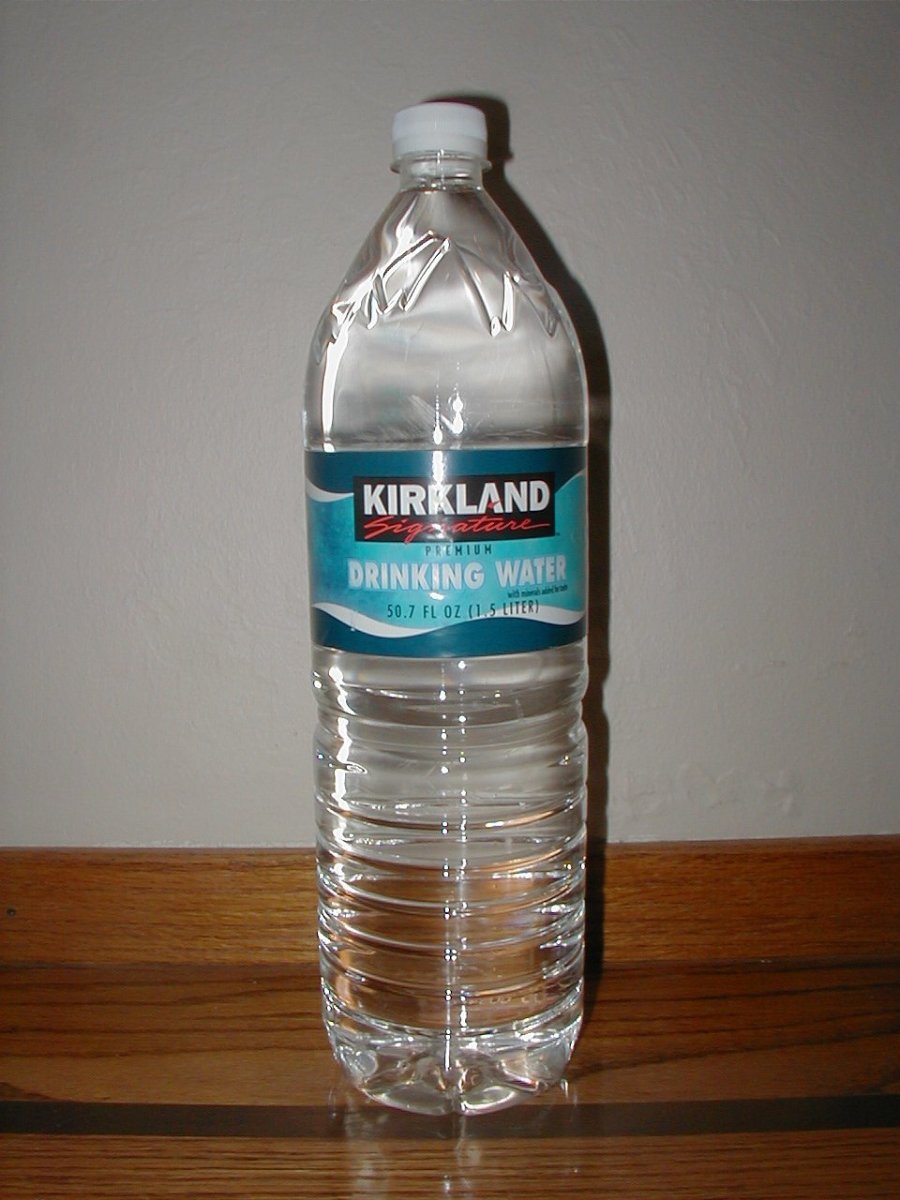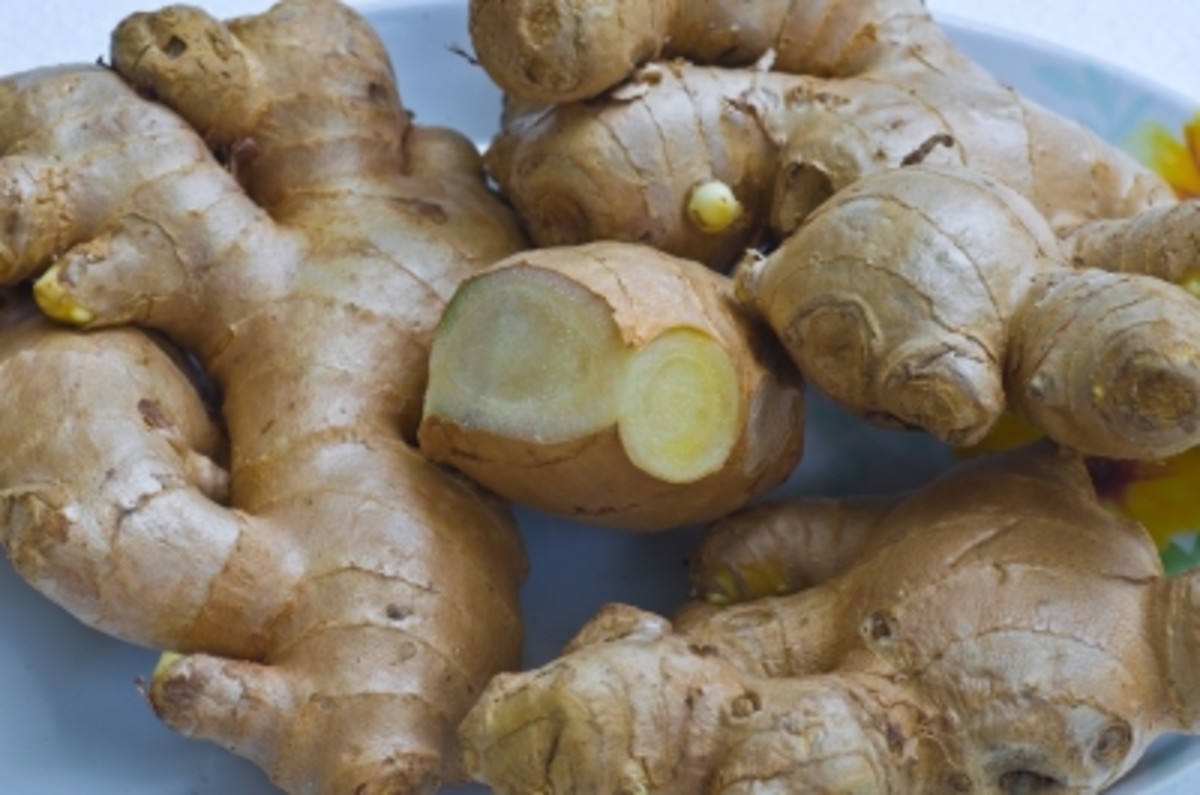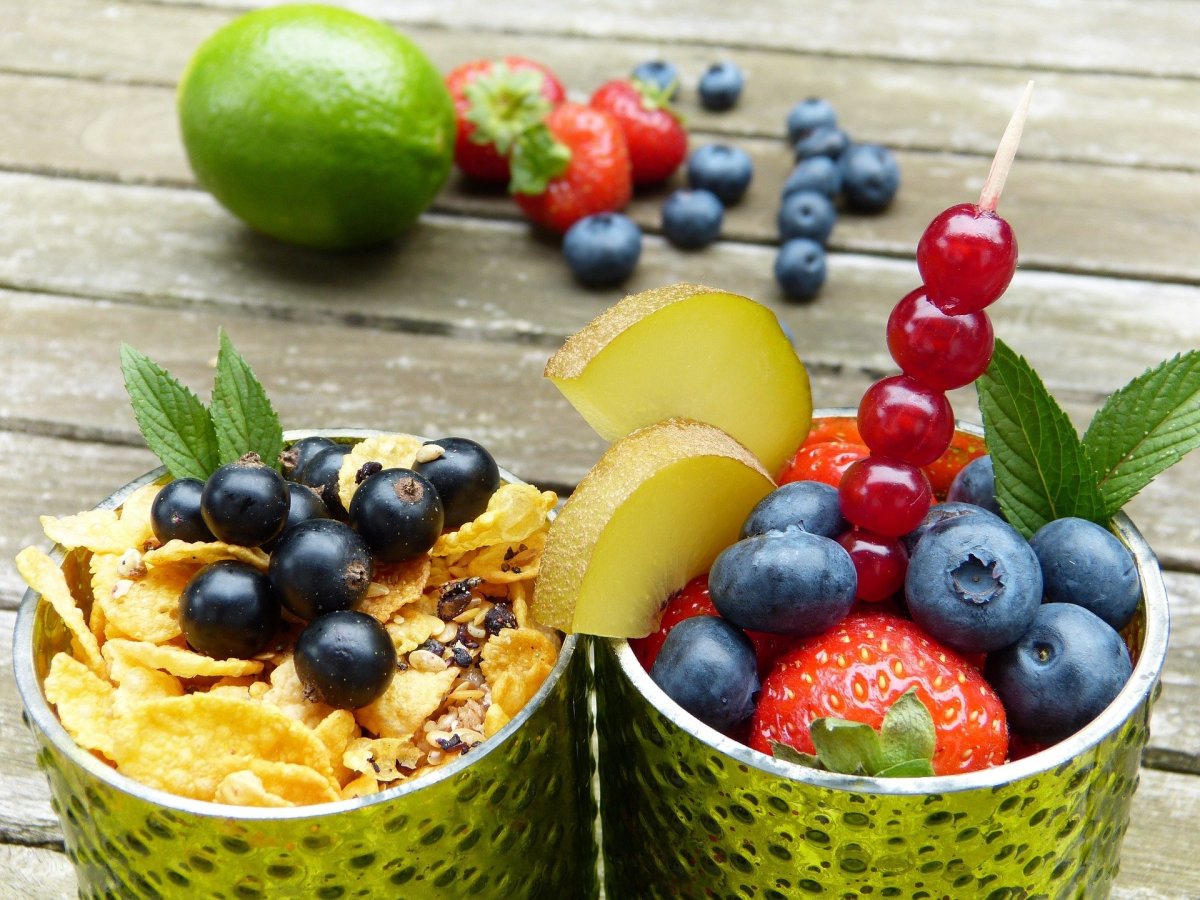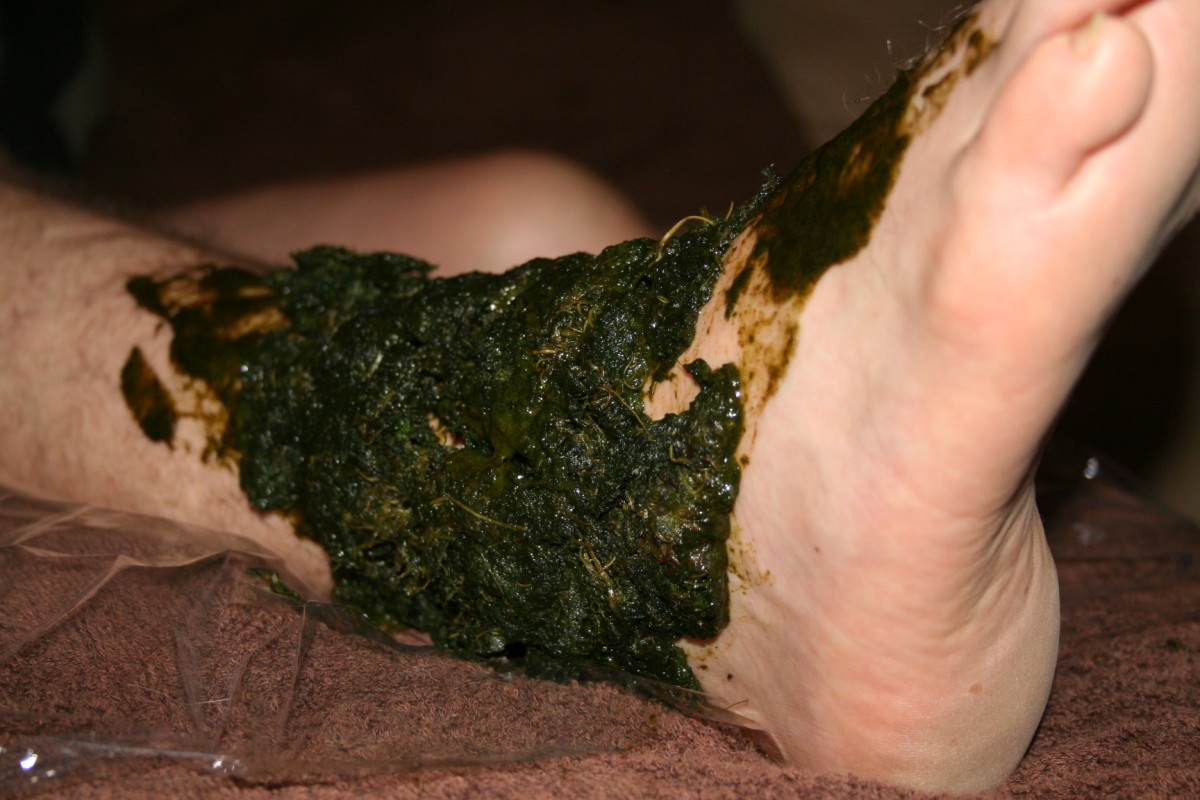Treating Constipation Naturally Makes Happy Bowels, Baby, and Mommy
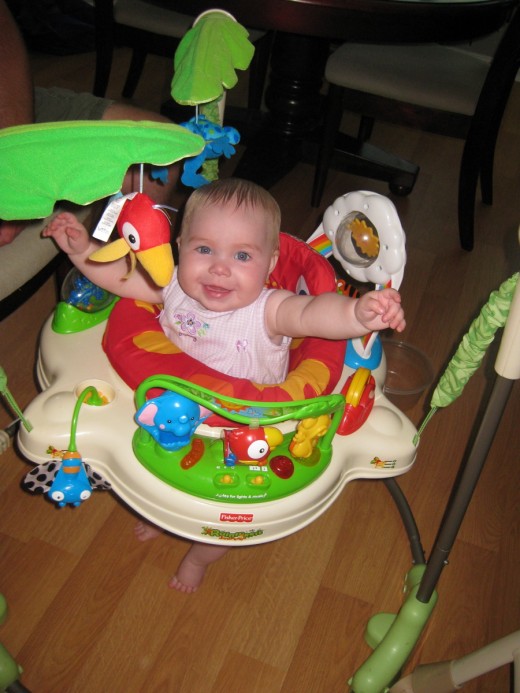
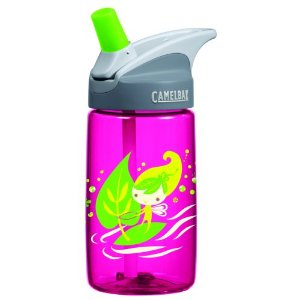
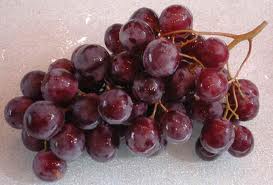

Babies have very different digestive systems than children and adults do, and every baby is different. Some babies have bowel movements once a day and some have them multiple times a day. Other babies don't have a bowel movement for days.
Once babies start to eat foods (usually somewhere between 4 and 6 months), it can change a frequent pooper into an infrequent pooper. Rice cereal is one of the first foods offered to babies and is infamous for slowing down the bowels and causing parents to worry.
The fact that the timing of a baby's bowel movements is different can cause alarm for parents, especially because of the fear of constipation and the problems that can come with it. Constipation is not defined by time, but rather by the consistency of the poop.
True constipation can be identified by color and hardness. If the poop is darker than a brown, nearing black in color, then the baby would most likely benefit from some strategies to help their bowels to move a little faster. In addition and more importantly, if the poop is hard and the baby strains to expel it, then they are definitely needing some strategies to help their bowels to move faster.
It is more important to consider the hardness of the poop more than the color. The color can vary based on the foods that the baby is eating; whereas, the firmness of the poop is directly related to how long it has been in the body. The longer that the poop is in the intestines, more water will be taken out of it, which in turn makes it hard and firm (and darker as well). The goal is for the baby to be able to have a bowel movement before the poop becomes hard and firm.
Water
Since the amount of liquid in the poop is what determines it's hardness and firmness, adding more liquid to the baby's diet can be especially helpful. Easier said than done in some cases, though. As a baby is learning to drink from other sources than the breast or bottle, much of that liquid comes down their chin or causes them to choke, which then comes out of their mouth too as they cough it up. It's hard to tell how much of the liquid is actually successful in making it to their tummies.
When offering liquids, there's really only two options that are good ones. Water is the first option that is especially important for hydration and for frequent bowel movements. Drinking water is a good habit to start from the beginning.
It is shocking and amazing to know how little water adults consume. We are supposed to consume 8 glasses (8 oz. in size) at a minimum each day. Better than that guideline, is to drink at least half of your body weight in water each day. It makes sense in determining that a 200 lb person should drink more than someone who weighs only 120 lbs. In this scenario, the 200 lb person should drink at least 100 oz of water compared to 60 oz for the 120 lb person. Of course, the more active a person is, the more water they should consume as well.
Juice
Besides water, juice is another option for helping babies to keep their bowels moving. I am an advocate for making fresh juice at home opposed to ones that you can buy pre-made. One reason for this preference is that the best stuff in the juice is the solids. When I make juice at home, I put the whole fruit into the blender (after washing it off, of course) and blend it up. I serve it as more of a food, or a puree, than I do as a juice.
I've had lots of success with blending grapes (with the seeds) and blueberries together. It has a good taste and I've found that both grapes and blueberries helped my babies to have more frequent bowel movements. If you offer the grapes alone, it can be too sweet. The blueberries also help to thicken it up some.
The reason that I use the seeded grapes when available is because the seeds contain the majority of the antioxidants in them. When they are blended, the majority of the seeds are chopped up so fine that they cannot be strained. The only seeds that I've seen in tact still are those that end up on the side of the blender or stuck in the crevice at the bottom near the blade (that depends on the model of your blender). Just watch for any seeds that may not have been broken up as you spoon some into your baby's bowl.
Another reason for staying away from the store bought juices is their nutritional value. If you make your own, you know that it's coming directly from fruit and has no added sugars. In addition, the juice companies have come under scrutiny for having high levels of arsenic in them. If you wash your fruit off with a vinegar rinse, then you can help to rid the fruit of any pesticides or other chemicals that could still be on them and thereby prevent your baby from exposure to toxic chemicals like arsenic.
Many people will recommend giving the baby some prune juice. In my experience, the homemade juice that I described above works better than prune juice. In addition, I know that when I've had prune juice, it's made my stomach crampy and just gives me an unpleasant feeling in general. Knowing how it makes me feel, I don't want it to be a regular thing that I give to my baby.
Foods
Rice cereal is one of the first foods that is offered to baby due to it's consistency and plain flavor. Some babies love it for these reasons and others can't stand it. Once the baby's bowels start to slow down, continuing to give the rice cereal could just be problematic. At this point, if the baby is ready for other foods, it may be wise to start giving them some purees instead.
After my babies were used to eating purees from a spoon, I would offer them very ripe pears and they loved it. Pears are a food that are known for helping with constipation for babies. They love to gum these foods and feel more independent, although they of course need a parent's help in holding the pear for them. When offering fruit like this, you want to be sure to remove the skin until they are older and are able to handle the skins well without choking.
Once babies are able to chew fruits and eat foods well, grapes and blueberries (cut into halves or quarters depending on their size) work great. The baby loves to put them in their mouths and chew them. Another food that works really well is kiwi. Kiwi are a natural laxative and can provide some relief for the bowels. Plus, they are delicious.
Exercise
Besides the things that the baby eats and drinks, exercise is extremely helpful in keeping the bowels moving. I've tried many different ways of helping my babies to be active and I've found one item that they absolutely love and has helped their bowels to keep moving. This item is the Rainforest Jumperoo made by Fisher-Price.
We also have a doorway bouncer that our babies enjoyed. However, it compares in no way to the jumperoo for many reasons. Although somewhat big in size, the jumperoo will provide hours of fun and safe play. The baby has toys surrounding the jumperoo so that when they get bored with one toy, they can turn around and play with another one. In addition, the toys are connected so that the baby cannot throw them down when they are bored with them (this happens with the doorway bouncer constantly).
Besides the toys, they love the jumping motion that this bouncer provides. Somehow, the bouncing motion in the Jumperoo is superior for the bowels compared to the doorway bouncers. I haven't figured out what the difference is, but I do know that if my baby hasn't pooped yet and I stick her in the Rainforest Jumperoo, she will poop. If I put her in the doorway bouncer, she usually doesn't poop. There's just something about that specific jumping motion that brings a successful bowel movement on.
I have both bouncers because I can't fit the Jumperoo in my kitchen and I needed something for my baby to be active in the kitchen while I cook. But, my first choice is definitely the Rainforest Jumperoo. Do yourself a favor and get this Jumperoo or give it as a shower gift. It is probably the one thing that I cannot do without for my babies. If you look ahead of time, you may be able to find a perfectly good used one for sale online or at garage sales.
Between food, drink, and exercise, you can help to prevent problems such as constipation. Your baby will be happy, and a happy baby means a happy mommy.



